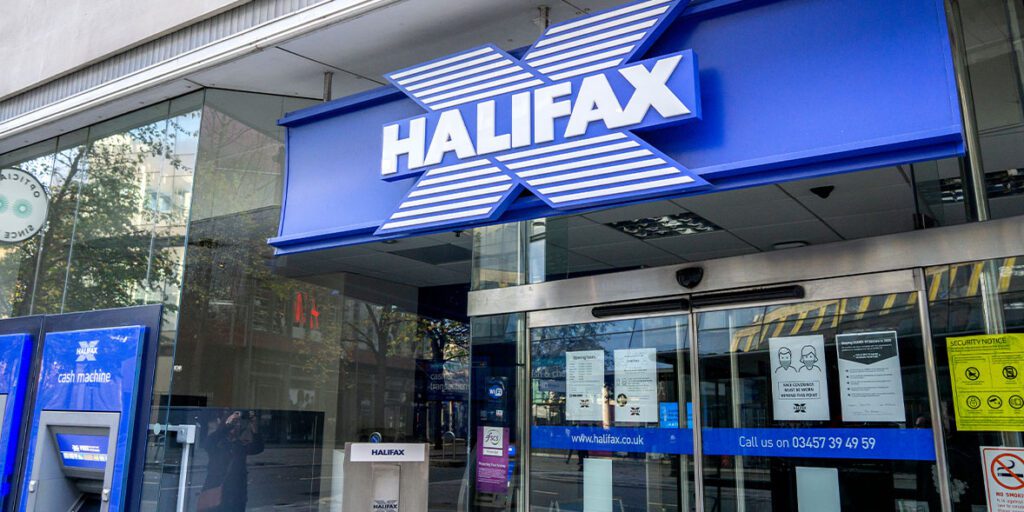Overseas-based fraudsters are exploiting bargain-hunting Britons to steal millions of pounds from major UK retailers. Big-name brands like Selfridges, Currys, JD Sports, and ASOS have all fallen victim to sophisticated affiliate marketing scams. These scams not only harm businesses but also deceive consumers searching for genuine discounts.
How the Scam Works
The fraudsters, primarily operating from China, Pakistan, and Ukraine, prey on unsuspecting shoppers seeking voucher codes. When a consumer searches Google for discounts, they often land on a fake website. Instead of a genuine discount, the site redirects them to the retailer’s legitimate page.
At first glance, everything seems normal. The consumer completes their purchase, unaware that the affiliate marketer has manipulated the link. Behind the scenes, the fraudster earns a commission from the retailer for the sale. Marcode, a software company specialising in online fraud detection, uncovered that 80% of the UK’s top 50 gift-selling brands faced these scams in the latter half of 2024.
Fraud Amid the Cost-of-Living Crisis
The cost-of-living crisis has driven more Britons to hunt for bargains online. Many shoppers now rely on discount codes to cut costs, especially during key shopping periods like Christmas. However, this growing trend has provided fraudsters with the perfect opportunity to deceive consumers and businesses alike.
Andy Cooney, co-founder of Marcode, explains: “Many consumers will be shocked to learn that their quest for a bargain can inadvertently support fraud. Fraudulent affiliate marketers exploit genuine shoppers, often through fake voucher code sites. Shoppers think they’re saving money, but in reality, there’s no discount. Meanwhile, brands lose profits through unnecessary commission payouts.”
The Impact on Brands and Consumers
The consequences of affiliate marketing fraud are far-reaching. Brands are hit with unnecessary costs, while consumers feel misled. Common issues include:
- False promises of discounts: Shoppers often abandon purchases when codes fail to work.
- Unnecessary commission payouts: Retailers lose revenue to fraudulent commissions.
- Distorted online sales figures: Affiliate scams skew business performance metrics.
- Increased advertising costs: Fraudsters manipulate Google Ads to dominate search results.
This leaves businesses frustrated and consumers empty-handed, damaging trust in both the retailer and the overall shopping experience.
The Vulnerability of Affiliate Marketing
Affiliate marketing has become a popular tool for boosting online sales. The system allows participants, such as influencers or reviewers, to promote products using unique links. When customers purchase through these links, affiliates earn a commission. The global affiliate marketing industry is currently valued at £13.4 billion and is projected to reach £22.1 billion by 2027.
While lucrative, the industry remains largely unregulated, leaving it vulnerable to fraud. Marcode estimates that affiliate marketing fraud costs businesses an astonishing £2.4 billion annually. Fraudsters abuse the system by exploiting lenient authentication processes within official affiliate programs.
The Scale of the Problem
A recent survey revealed that 87% of Britons have used online vouchers or coupons to claim discounts. Nearly 29% search for a discount code almost every time they shop online. This reliance on savings creates a perfect storm for fraudsters.
Fraudsters manipulate search rankings by purchasing Google Ads featuring popular keywords like “discount” and brand names. These fake voucher sites often appear at the top of search results, making it easy to lure consumers in.
The rise in affiliate marketing scams highlights the importance of fraud awareness and prevention. Both consumers and retailers must take steps to combat this growing threat:
For Consumers:
- Always verify voucher code websites before clicking.
- Avoid using unfamiliar sites for discounts. Stick to trusted platforms.
- Look out for signs of fake websites, such as poor design or suspicious URLs.
For Retailers:
- Strengthen affiliate marketing programme authentication processes.
- Use software to detect fraudulent activities.
- Educate customers about trusted sources for discounts.
Final Thoughts
Affiliate marketing scams are becoming increasingly sophisticated, preying on both businesses and bargain-seeking consumers. As the cost-of-living crisis continues, more Britons will search for savings online, inadvertently exposing themselves to fraud. The UK can reduce losses and combat harmful schemes by staying vigilant and adopting better fraud prevention strategies.
Both brands and shoppers must recognise that fraud is more than an inconvenience—it’s a crime that damages trust and financial stability. Taking action now is the only way to stay ahead of fraudsters and safeguard the future of online shopping.



